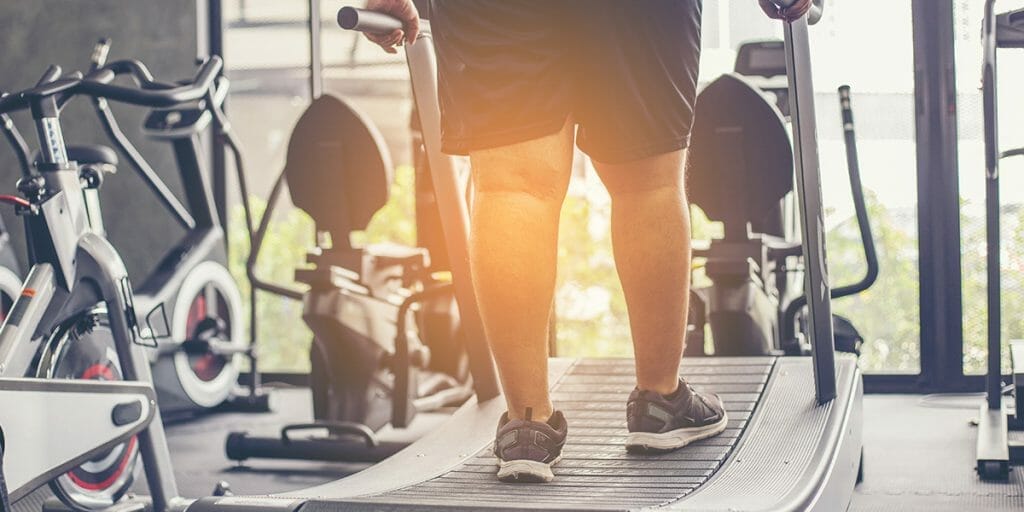
Few will have missed the photograph of Boris Johnson this week (June 29th, 2020), allegedly performing push ups in No 10. Ostensibly demonstrating his intent to modify his body shape considering his well-publicised experience of the symptomatic response to Sars-Cov-2 infecting many of his cells.
Prior to this, a number of the established newspapers also heavily indicated that there was going to be a top down approach to steer people away from practices that foments weight gain, to weight management and where appropriate loss and a healthier lifestyle.
Partially triggered by the association between risk of miserable outcome and partly because of the realisation that body mass and lifestyle have a strikingly consistent influence on health and wellbeing and has shown a remarkable consistency with poor outcomes in Covid-19 infections.
Mechanisms underlying this association are now centrally considered as being immune based or driven. An altered state of immune competence in the face of existing intra cellular pressures, when additionally faced with an acute episode of infection driven responses, can mean a loss of immune control and the subsequent generation of molecular inflammation cascades. Inflammation as you know is a hallmark of immune system dysfunction and is strongly associated with adverse COVID-19 infection outcome. Effectively inflammation is the trigger, your body the gun, and your immune system the bullet.
Metabolic syndrome, a constellation of immune mediated co-morbidities is the world’s most prevalent non communicable disease, and includes amongst its buffet of problems, hypertension, diabetes and obesity as three of its most damaging. They, and others, result from the complex interaction of individual genetics, lifestyle, environment, diet, and social determinants affecting each person’s generation of disease. People with metabolic syndrome are also at increased risk not just to non-communicable but infectious diseases such as COVID-19.
There is a connecting molecular mechanism involving an enzyme that activates a specific set of proteins called furin. The function of these proteins is to regulate various biochemical processes, both in times of good health and when a disease state is present. People with metabolic syndrome have abnormal furin levels and indications are that this impacts their risks associated with Covid-19. When an individual with metabolic syndrome is exposed to Sars-Cov-2, the virus gets the benefit of a compromised immune system and extra furin to facilitate binding to our cells.
As you are a practitioner with experience in the management and resolution of metabolic syndrome, advising the concomitant change to a diet that contains natural plants rich in phytochemicals, appropriate micro and macro nutrient intake, as well as lifestyle changes including regular sleep, stress management and regular exercise will be second nature to you. You already understand how these intersecting elements work synergistically to contribute to a healthy weight, a proportionally responsive immune system and overall increase in function and wellbeing and it’s time to let others know of your skill set.
 Changing Human Behaviour
Changing Human Behaviour
Human behaviour is central to the resolution of metabolic syndrome and the transmission of SARS-Cov-2, and changing behaviour is crucial to preventing the expansion of both in the absence of a single point drug, vaccine or natural interventions.
The behavioural sciences as you know seek to understand the psychological, biological, social and environmental factors that influence a person’s behaviour and operate with a view to developing interventions and policies to help achieve societal, organisational or personal goals. All skills that you need to action to assist a person on their journey of change.
A principal tenet of the behavioural change is the common-sense idea that, at any given time, a behaviour occurs when both the capability and opportunity are present and when the person is more motivated to enact that behaviour than any other. A second key tenet is that capability, motivation, opportunity and behaviour are causally linked to each other in feedback loops, so that increasing capability or opportunity can influence motivation, and that behaviours feedback to influence opportunity, capability and motivation. This is where your changing landscape of opportunity sits.
The delivery of personalised or group focussed care and recommendations should always focus on these intersecting triggers and actions. Whilst there will be a natural drag on change, the impact of the global shutdown has and will change patterns of behaviour forever, faster and more dramatically than we could have imagined back in January 2020. For example:
The very idea of putting people through the risky, tiring and expensive ordeal of commuting to a crowded building to check their emails already seems old-fashioned. A form of virtual globalisation is emerging, with all the opportunities it can provide for you, a professional able to deliver personal care or group care via online and in person experiences. I very much doubt whether most will ever go back to the office full-time.
Conclusion
In general, the capability to engage in personal protective behaviours from infection transmission reduction to long term lifestyle management requires individuals to understand what needs to be done, under what precise circumstances it needs to be done, how to do it and why it is important. It also requires development of appropriate skills and techniques. Mr Johnson has had what many have referred to as his ‘damascene moment’ and can no longer ignore the connectivity’s of related health risks. This is your target of clinical care.
Looking ahead, it’s time to focus your plans on delivering a set of learning and supporting tools that mediates behaviour induced risk, not simply for the current pandemic, but for those that will follow, as well as the one that already engulfs so many – metabolic syndrome. Never have you been faced with so many people needing help, not knowing where to turn and willing to engage. It’s time to engage, inform and generate interest in your ability to steer them towards immune resilience and health generation!
